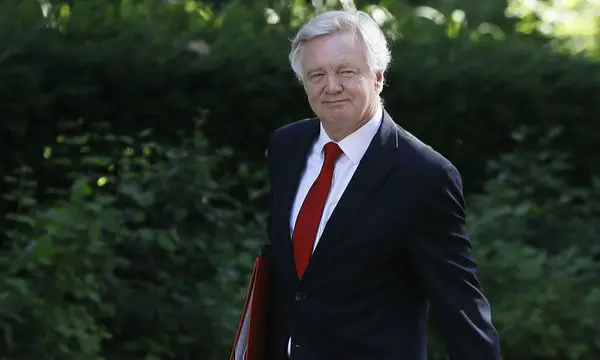Britain is woefully short of one thing it desperately needs in its high-stakes divorce from the European Union: experienced trade negotiators.
Ever since Britain joined the bloc in 1973, the EU has handled its trade talks, so expertise in this area has migrated to Brussels. That means the government has only a few dozen skilled negotiators — against the 1,200 it will need, by one estimate — as it embarks on the complex talks that will determine Britain’s relationship with its most important trading partners.
Add to this the fact that Britain has no clear plan yet for what it wants to achieve and that EU rules give it only a fraction of the time normally required to complete a major trade deal, and chances are Britain will gain less and pay more for leaving the bloc than campaigners promised, according to experts on negotiations and trade.
Nick Butler, a visiting professor of public policy at King’s College London, underscores the challenges by stressing that in reality Britain must work out deals with other 27 member states, each with its own goals, not just the EU as a single entity.
“It is multi-dimensional chess,” says Butler, an adviser to former Prime Minister Gordon Brown. “This will take longer, it will be less simple, and the outcome will be more clouded and politically less satisfying” than those who voted to leave the EU expected.
That’s a very different picture from the one painted by new Foreign Secretary Boris Johnson and other leaders of the “leave” campaign, who told voters Britain could ditch the EU and negotiate their way into a new, better relationship.
For example, one of the “leave” campaign’s most potent arguments was that exiting the EU would allow Britain to regain control of its borders and stem the flow of European migrants. But EU officials haven’t budged from their position that the free movement of people is a precondition for access to the single market.
(ASSOCIATED PRESS)
 简体中文
简体中文

